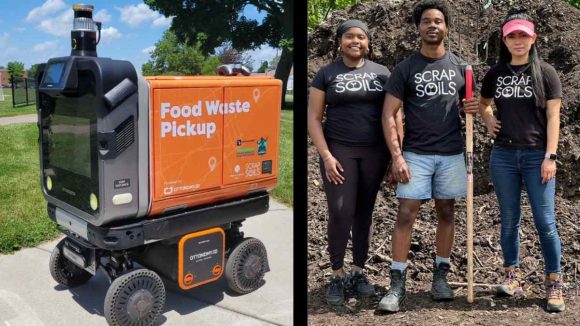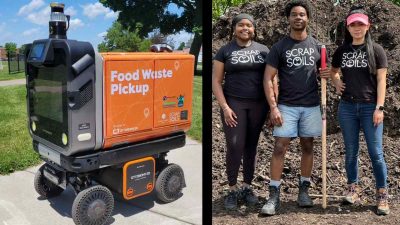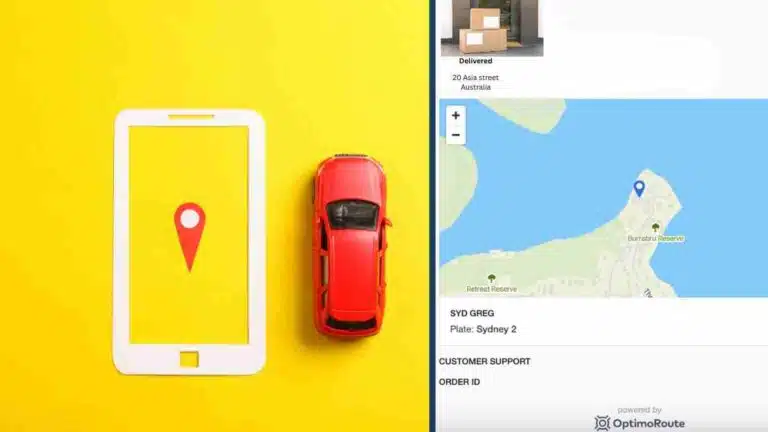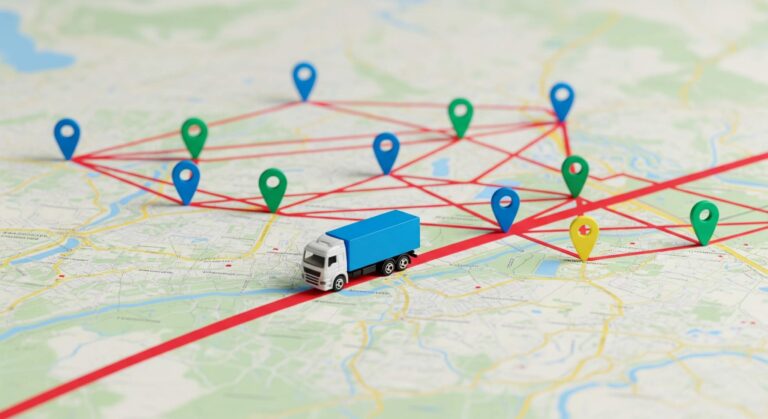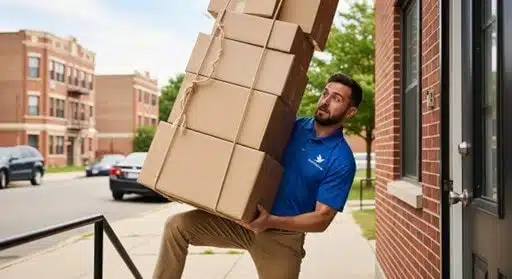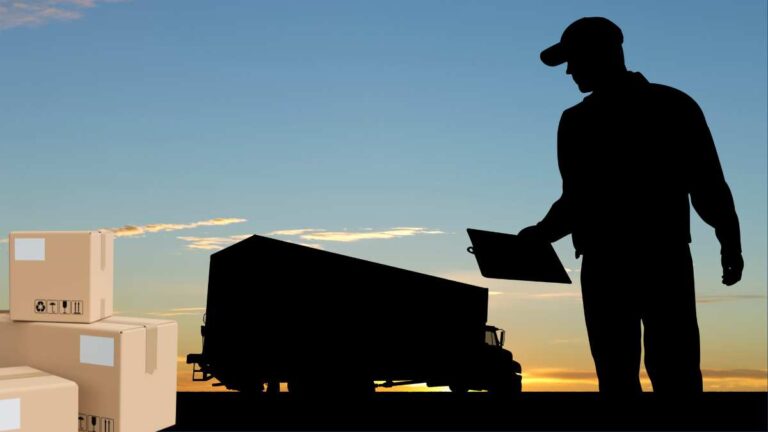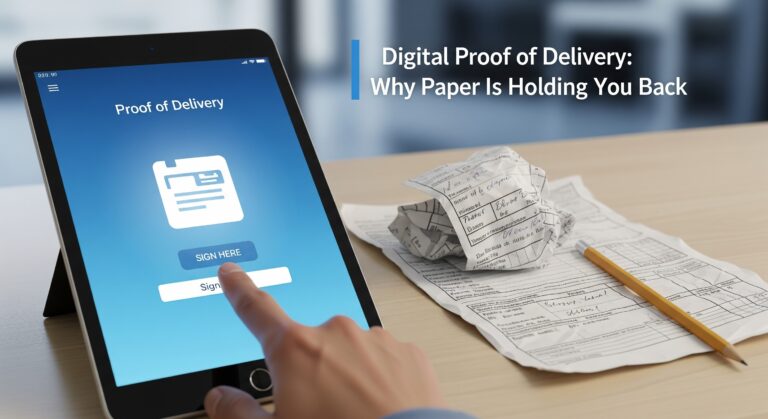Food waste is a major problem in Australia, costing the economy around $36 billion each year, and it is just as big in the US.
The National Food Waste Strategy Feasibility Study has found that each year, Australians waste around 7.6 million tons of food across the food supply chain. According to the government, this is about 312kg per person and can cost up to $2,500 per household per year.
America’s food waste is estimated to be up to 40% of the food supply. Its agriculture department aims to reduce food waste going to landfills by 50% by 2030.
Scrap Soils hopes to solve the problem by using an autonomous robot to collect compostable food waste from customers’ homes.
Scrap Soils reverse logistics
The initiative is still in its early stages, and the company is exploring ways to make composting food waste more environmentally friendly.
Each week, the company drives a truck around Detroit, US, collecting scrap food from homes and businesses. It’s then taken to a local farm to be turned into compost.
But it’s now looking for a more sustainable option through robot delivery. The robot is provided by Santa Monica-based startup OttonomyIO. Co-founder Ritukar Vijay says using a robot can reduce carbon emissions from small-distance deliveries by nearly 40%.
“We believe that there’s less carbon footprint associated with using an autonomous vehicle,” says Ricky Blanding, executive director of Scrap Soils.
The pilot project
The company first started testing the robot reverse logistics concept last month. It used a small robot to gather food scraps from about 15 homes.
Researchers are now collecting enough data on the logistics, market, and benefits of the program. Once this process is completed, a decision will be made on its feasibility.
“It’s looking very promising that this way is something that would make more sense,” says Blanding.
Photo credit: Scrap Soils Instagram
About the author
Mia is a multi-award-winning journalist. She has more than 14 years of experience in mainstream media. She's covered many historic moments that happened in Africa and internationally. She has a strong focus on human interest stories, to bring her readers and viewers closer to the topics at hand.

